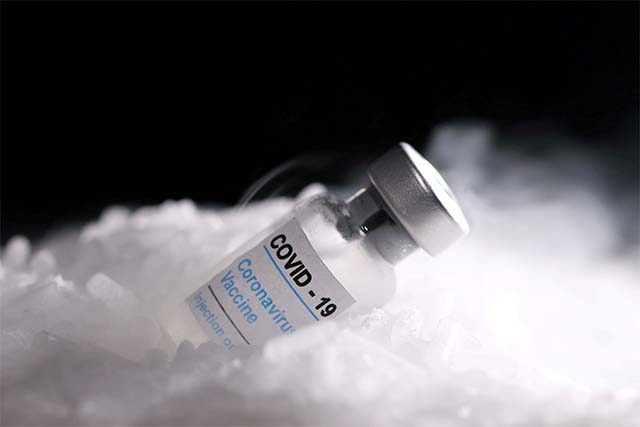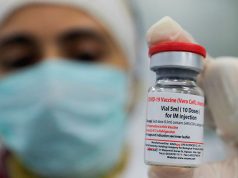
A global provider of equipment and services for datacenters released tips on how to back up storage facilities that house doses of COVID-19 vaccines.
Vertiv Philippines said that the government needed to consider power conditioning and the emergency backup power of such facilities, particularly when it comes to storing COVID-19 vaccines that require ultracold temperatures for maintenance.
To consistently maintain such temperatures, especially in a warm country such as the Philippines, freezers require a great deal of power, according to the company.
“If the power source is compromised for any reason, it may put the limited vaccine supply at risk and could be disastrous at this critical stage in the fight against COVID-19,” Jason Lim, Vertiv Philippines’ country manager, said in a release.
The company said that an intelligent backup power system should exhibit the following criteria: Have online double conversion technology, zero transfer time to batteries, scalable runtime, have a (UPS) uninterrupted power supply remote monitoring capabilities and is easily installable and operated.
“The new COVID-19 vaccines serve as a much-needed hope for the country’s battle against the novel virus. Ultra-low temperature freezers will play critical roles in all healthcare facilities’ efforts to ensure every dose is put to good use, along with the online-double conversion UPS systems that back them up,” it pointed out.
AstraZeneca doses recalled for temperature issues
On Friday, Health Undersecretary Maria Rosario Vergeire confirmed that 7,500 doses of COVID-19 vaccines from AstraZeneca were returned from Bicol to the health agency’s central office due to temperature issues.
She said that the initial investigation revealed the incident was due to a faulty temperature logger of the vaccine carrier.
“Pagtingin nila po, when they checked the temperature device… ang temperature po ay may problema. They tried to check it and nakita nilang mukhang may faulty doon sa system, ipinabalik po sa atin just to err on the side of caution,” Vergeire said on an interview.
Reports said that one of the storage boxes containing AstraZeneca doses had logged a temperature of more than 400 °C but it was supposed to be contained in 2 to 8°C.
2 to 8°C is the standard temperature that is within the existing cold chain system in the country.
The World Health Organization and the UNICEF said that the doses were “still potent and can be used” after conducting a review.
“Following this, the DOH and NTF (National Task Force Against COVID-19) will double down on ensuring and maintaining the functionality of all devices and equipment used in COVID-19 vaccine logistics and storage management,” Vergeire said.
She added that there is also a need to ensure suppliers will use temperature loggers that have been pre-qualified by WHO to avoid similar incidents in the future.








